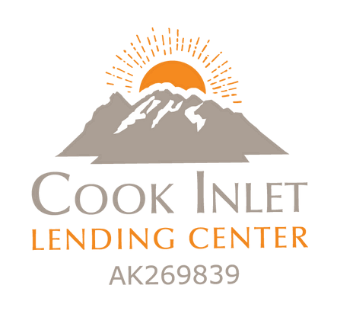
Frequently asked questions for homebuyers.
-
No. We offer a Down Payment Assistance (DPA) product to individuals purchasing homes in the Cook Inlet Region who meet income eligibility guidelines, regardless of race, ethnicity, religion, etc.
The HUD-184 program is offered to federally recognized tribal members and tribal entities.
-
This varies between the different programs that are offered. Please contact the program administrator for more information.
-
Yes! Many of the programs we offer can be combined!
-
HUD-184 loans can aid in financing the purchase, rehabilitation, and construction of new homes to fit their communiti’s needs.
Mortgage Basics
-
A mortgage is a loan used to purchase real estate. The property itself serves as collateral for the loan.
-
You apply for a mortgage with a lender, providing financial information. The lender evaluates your creditworthiness and, if approved, provides funds to buy the home. You repay the loan over an agreed-upon period with interest.
-
Factors include, but are not limited to, credit score, income, employment history, debt-to-income ratio, and the amount of the down payment.
-
A down payment is a percentage of the home's upfront purchase price. It's not borrowed and serves as your initial equity in the home.
-
A fixed-rate mortgage has a constant interest rate and monthly payments. An ARM has an interest rate that may change periodically based on changes in a corresponding financial index.
-
Private Mortgage Insurance (PMI) is often required if the down payment is less than 20%. It protects the lender in case of default.
-
An escrow account holds funds for property taxes and homeowners insurance, paid with your monthly mortgage payment. The lender manages these payments on your behalf.
-
Pre-approval is a lender's conditional agreement to lend a specific amount after reviewing your finances. It helps in the home search process.
-
Pre-qualification is an estimate of how much you can borrow based on basic financial information. Pre-approval involves a more thorough analysis and is a stronger commitment from the lender.
-
Yes, refinancing involves replacing an existing mortgage with a new one, usually to get a lower interest rate, change the loan term, or tap into home equity.
-
Closing costs are fees associated with the home purchase transaction, including loan origination fees, appraisal fees, and title insurance.
-
Most mortgages allow for early repayment, but some may have prepayment penalties. It's essential to check your loan terms.
